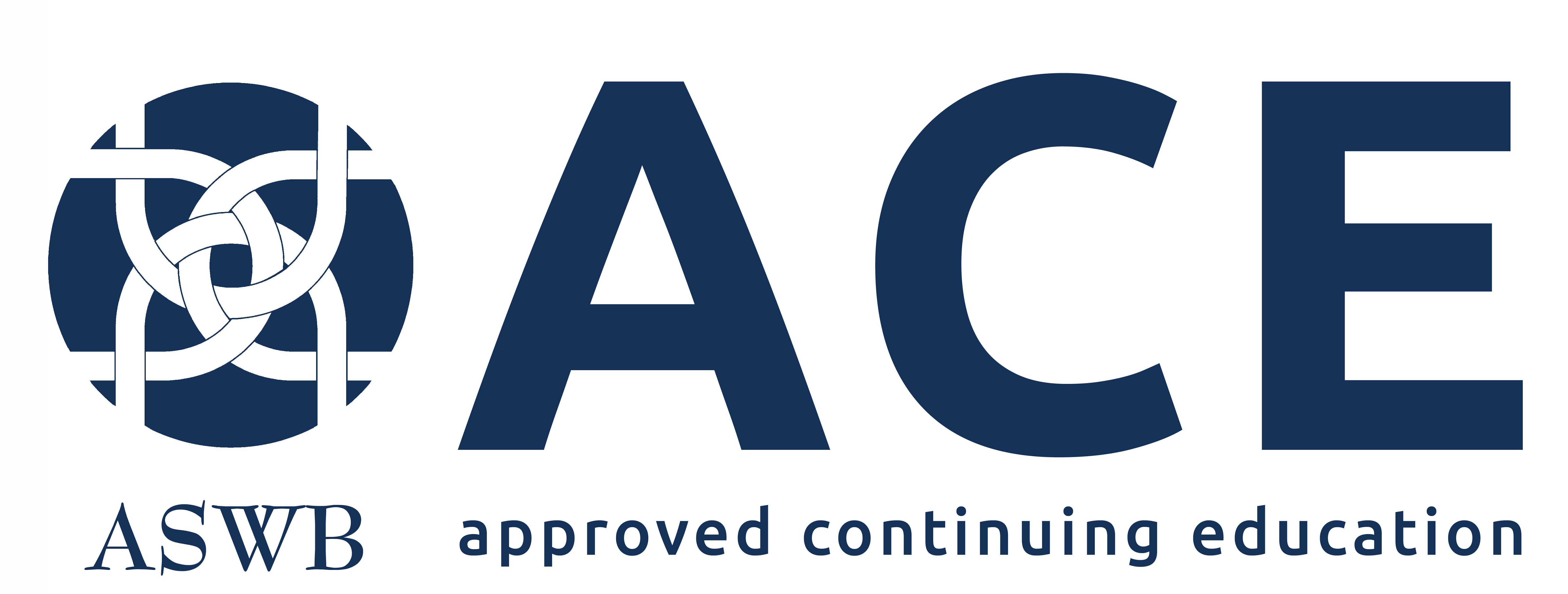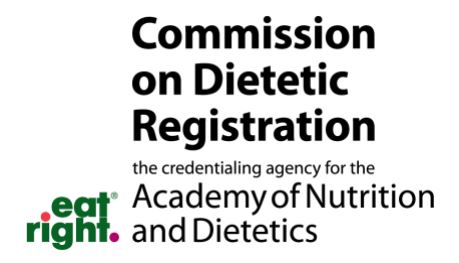- Kate Dougherty
- Stacey Parker
Series Overview
This collaborative learning teleconference aims to discuss delivery of safe and effective diabetes care in schools, with the target audience being school nurses and other school personnel. Learners will hear a 10-15 minute talk by a content expert at each session (ex: diabetes technology, legal issues in school nursing, sports/exercise) and the remainder of the session is dedicated to discussing and trouble shooting challenges and questions from school health staff. It is an opportunity for school personnel and pediatric diabetes experts to share experiences and learn bidirectionally.
Global Objectives
As a result of participation in this educational series, members of the healthcare team will:
- Explain the complexities of diabetes monitoring and treatment in children and adolescents, including the impact of social determinants of health and health disparities on diabetes outcomes.
- Deliver safe and supportive diabetes care in the school setting in collaboration with other members of the healthcare team who recognize their roles and responsibilities in providing interprofessional, team-based care.
- Apply troubleshooting strategies to help manage T1D in shool children who are using insulin pumps, continuous glucose monitors, and/or automated insulin delivery systems and foster improved communication between schools, families, and clinics/clinicians.
- Identify community resources and support for children living with T1D and their caregivers.
Intended Audience
MD/DO, RN, APRN, Dieticians, Social Workers, Psychologists, Students, Teachers, Additional School staff (secretaries, food staff, coaches, etc).
Planning Committee
| Allison Pollock, MD, Chair | Louise Wilson, MS, BSN, | Jolene Eggert Ciha, MSW |
| Stacey Parker, Coordinator | Jaclyn Allen, DNP, RN- Clinical Nurse Specialist | Bobbi Burgess, Student |
| Kim Vidmar, MD (Fellow) | Whitney Beaton, MSN, RN, APNP, ACCNS-P | Kate Dougherty, MA, Coordinator |
| Rachel Fenske, RD | Amara Neal, Student |
Accreditation
Accreditation Statement
 | In support of improving patient care, the University of Wisconsin–Madison ICEP is jointly accredited by the Accreditation Council for Continuing Medical Education (ACCME), the Accreditation Council for Pharmacy Education (ACPE), and the American Nurses Credentialing Center (ANCC) to provide continuing education for the healthcare team. |
Credit Designation Statements
American Medical Association (AMA) | ||
The University of Wisconsin–Madison ICEP designates this live activity for a maximum of 1 AMA PRA Category 1 Credit™. Physicians should claim only the credit commensurate with the extent of their participation in the activity. | ||
American Nurses Credentialing Center (ANCC) | ||
The University of Wisconsin–Madison ICEP designates this live activity for a maximum of 1 ANCC contact hour. | ||
ASWB Approved Continuing Education (ACE) | ||
| As a Jointly Accredited Organization, the University of Wisconsin–Madison ICEP is approved to offer social work continuing education by the Association of Social Work Boards (ASWB) Approved Continuing Education (ACE) program. Organizations, not individual courses, are approved under this program. Regulatory boards are the final authority on courses accepted for continuing education credit. Social workers completing this course receive 1.0 General continuing education credits. | |
| Completion of the RD/DTR profession specific or IPCE activity awards CPEUs (One IPCE credit = One CPEU). If the activity is dietetics-related but not targeted to RDs or DTRs, CPEUs may be claimed which are commensurate with participation in contact hours (One 60-minute hour = 1 CPEU). RDs and DTRs are to select activity type 102 in their Activity Log. Sphere and Competency selection is at the learner's discretion. | ||
Continuing Education Units | ||
| The University of Wisconsin–Madison ICEP, as a member of the University Professional & Continuing Education Association (UPCEA), authorizes this program for 0.1 continuing education units (CEUs) or 1 hour. | ||
Policy on Faculty and Sponsor Disclosure
It is the policy of the University of Wisconsin–Madison Interprofessional Continuing Education Partnership (ICEP) to identify, mitigate and disclose all relevant financial relationships with ineligible companies* held by the speakers/presenters, authors, planners, and other persons who may influence content of this accredited continuing education (CE). In addition, speakers, presenters and authors must disclose any planned discussion of unlabeled/unapproved uses of drugs or devices during their presentation. For this accredited continuing education activity, all relevant financial relationships have been mitigated and detailed disclosures are listed below.
* Ineligible companies are those whose primary business is producing, marketing, selling, re-selling, or distributing healthcare products used by or on patients. The ACCME does not consider providers of clinical service directly to patients to be ineligible companies.
Detailed disclosures will be available prior to the start of the activity.
Disclosures for Planning Committee
Competencies
ACGME/NURSING
- Medical Knowledge
- Practice-Based Learning and Improvement
- Interpersonal and Communication Skills
INTERPROFESSIONAL EDUCATION COLLABORATIVE
- Roles/responsibilities
- Interprofessional Communication
SOCIAL IMPACT & BELONGING
- Address Differences in Health Outcomes
Additional Activity Goals
| JAC 13 | JAC 14 | JAC 16 | JAC 18 | JAC 19 |
| JAC 23 |
IP — Competence/Performance
See above

 Facebook
Facebook X
X LinkedIn
LinkedIn Forward
Forward
